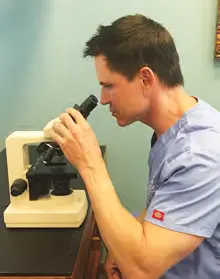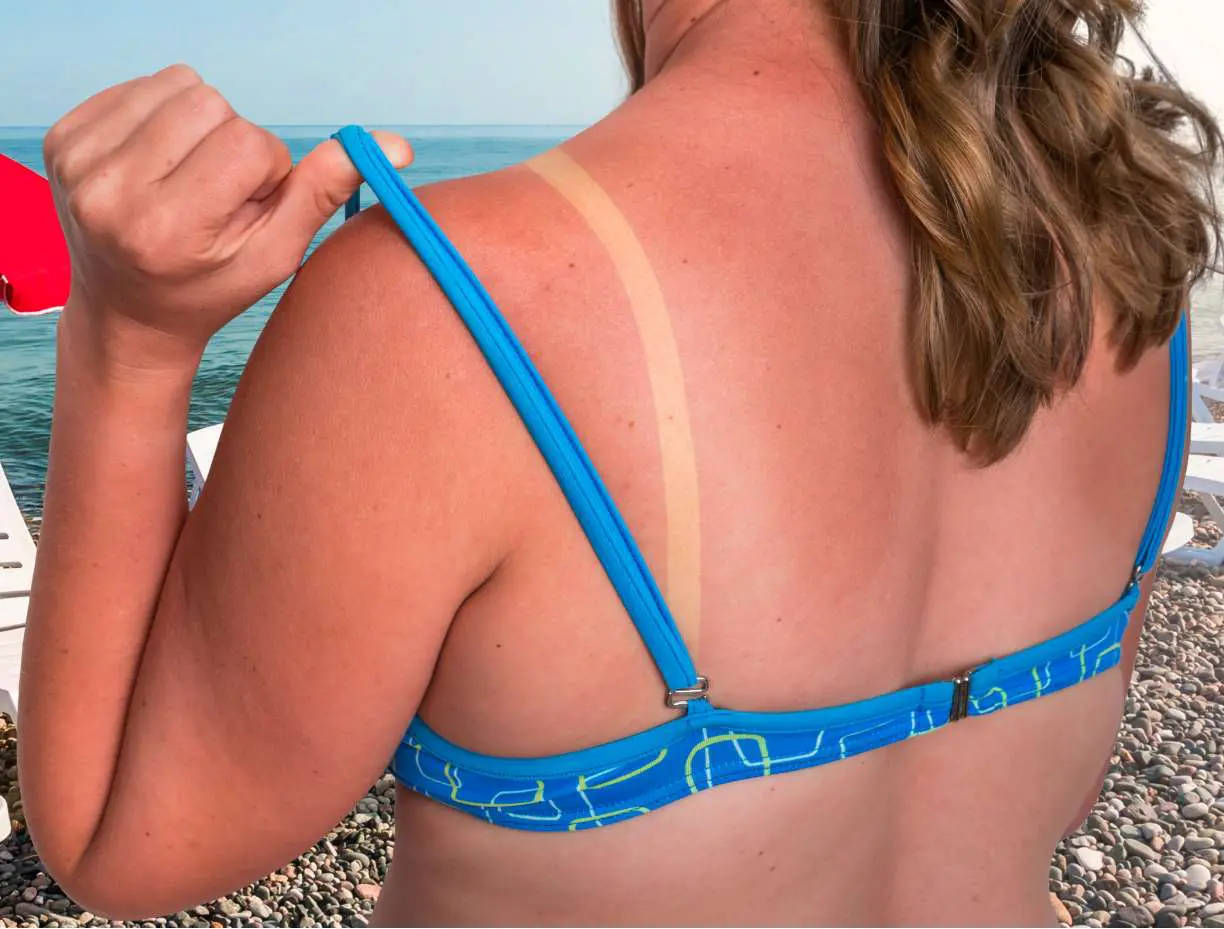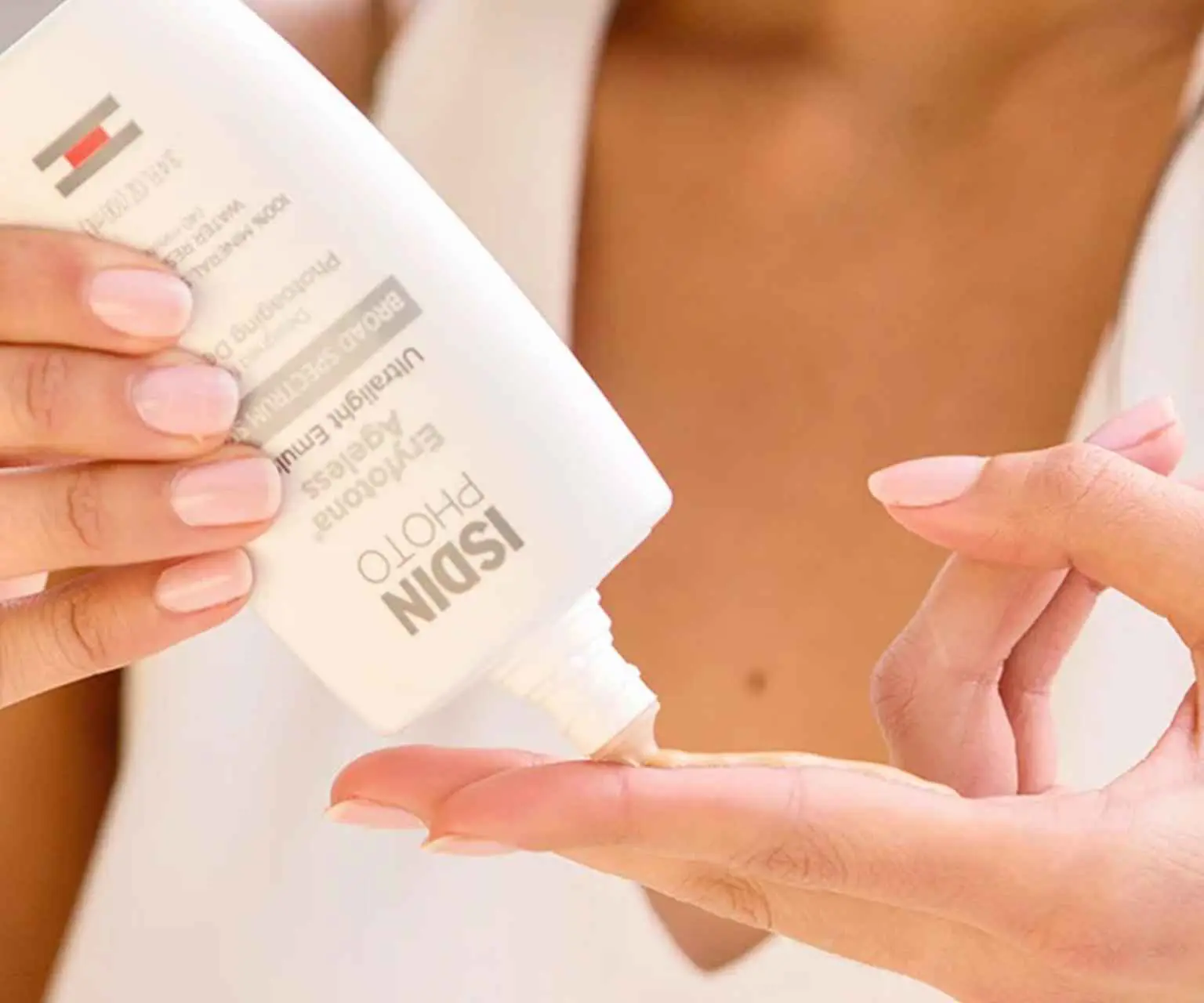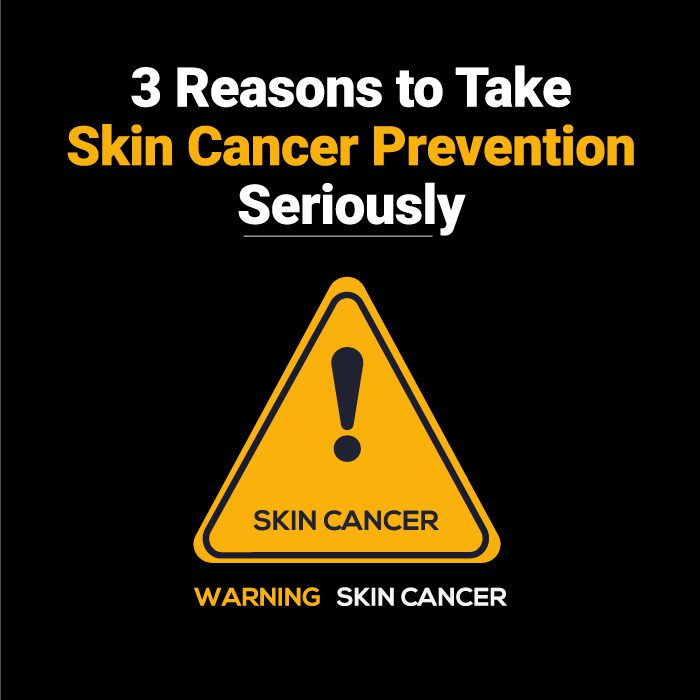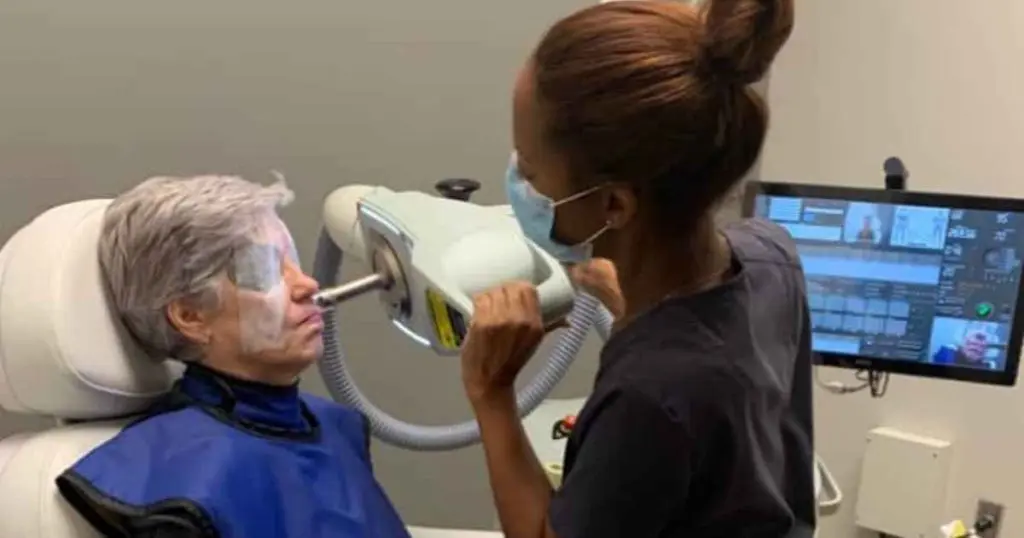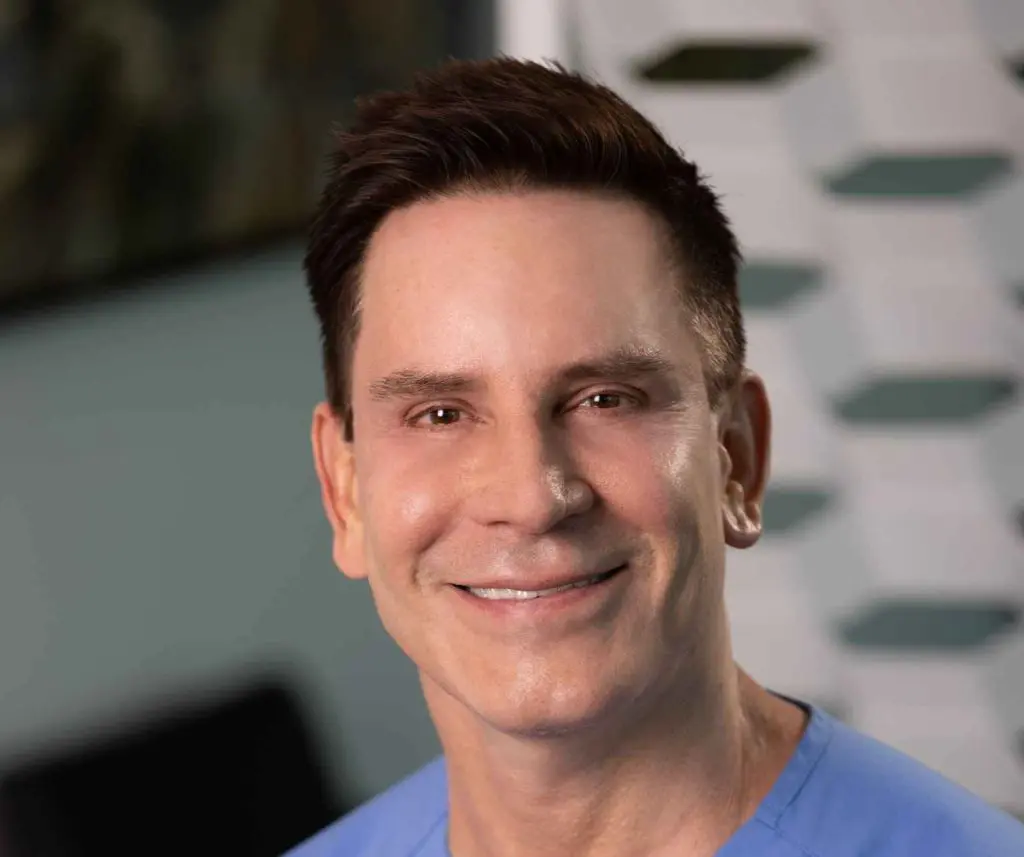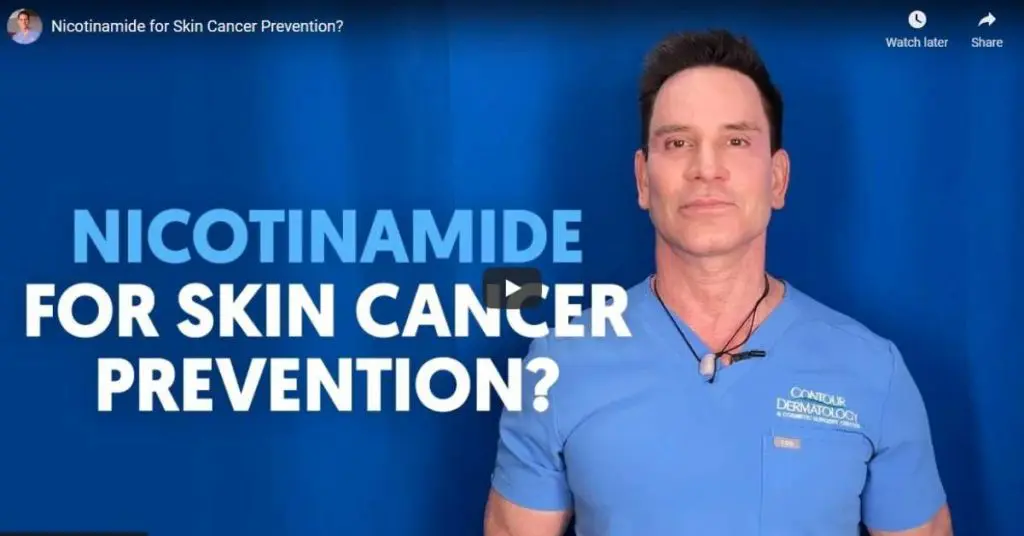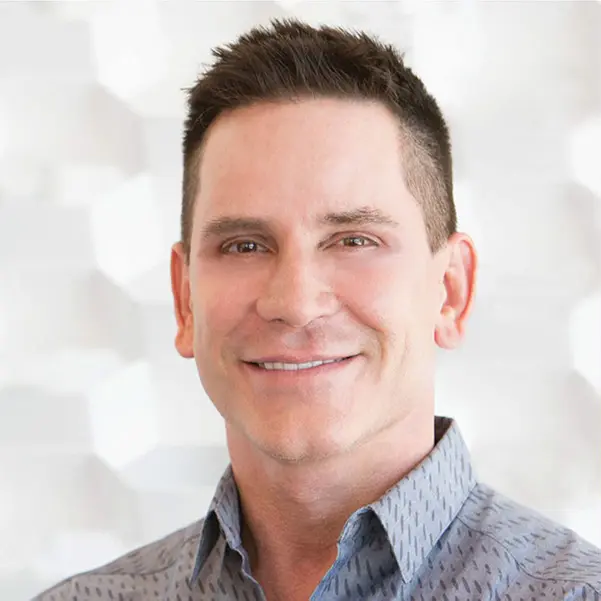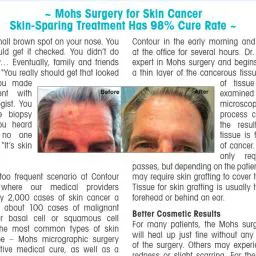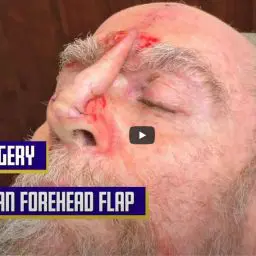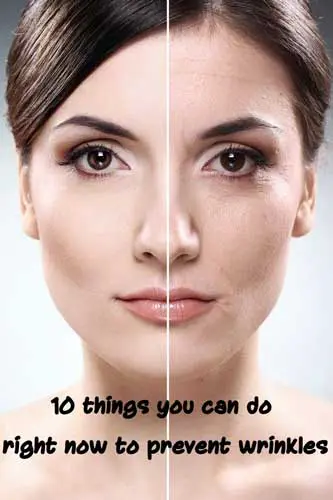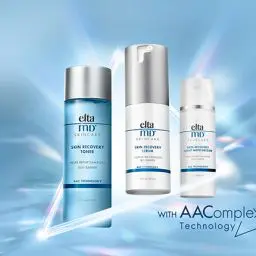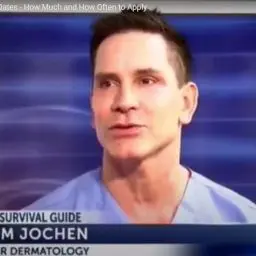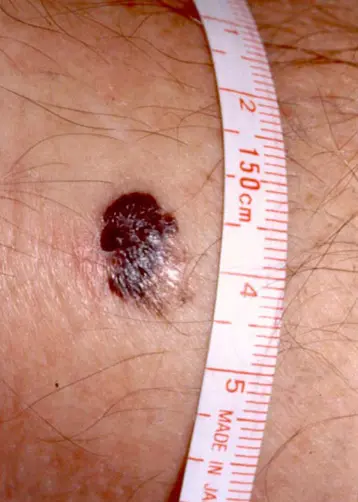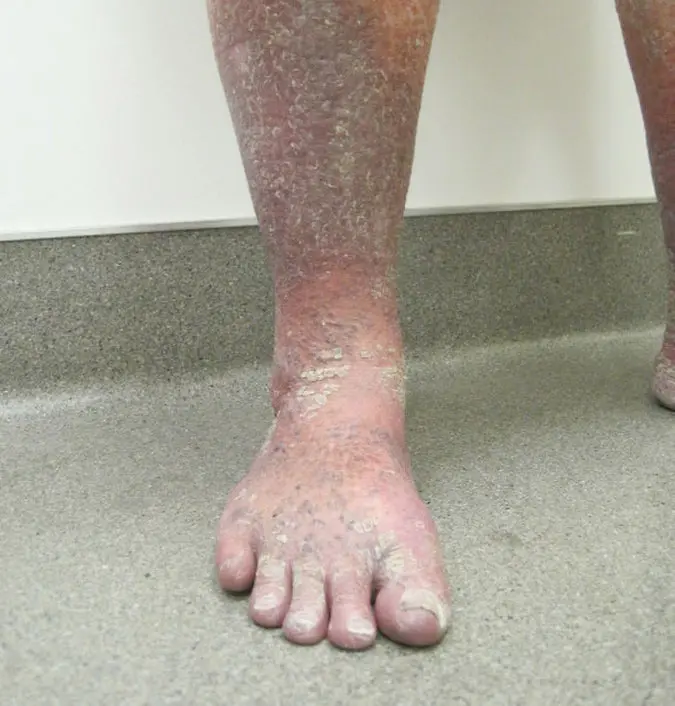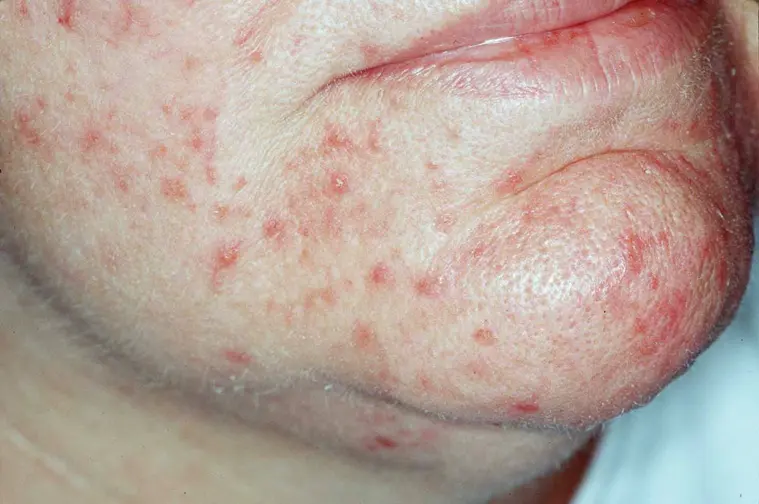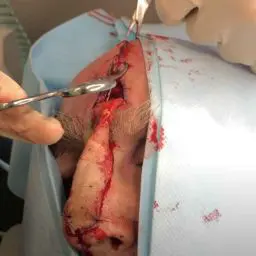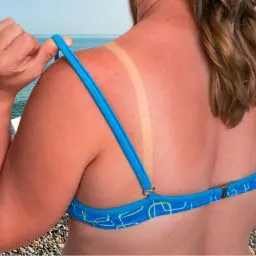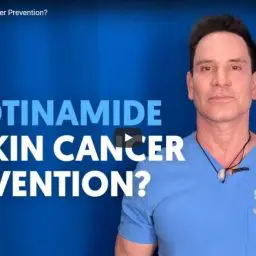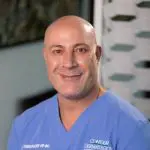MAY WE EDUCATE YOU ABOUT SKIN CANCER
It's National Skin Cancer and Melanoma Awareness Month
May is National Skin Cancer and Melanoma Awareness Month, and the Contour Dermatology team is ready to advise you on preventing, detecting, and treating skin cancer. In addition, the first Monday in May is designated as Melanoma Monday to raise awareness and reduce melanoma, which is the deadliest form of skin cancer.
MAY WE EDUCATE YOU ABOUT SKIN CANCER
It's National Skin Cancer and Melanoma Awareness Month
May is National Skin Cancer and Melanoma Awareness Month, and the Contour Dermatology team is ready to advise you on preventing, detecting, and treating skin cancer. In addition, the first Monday in May is designated as Melanoma Monday to raise awareness and reduce melanoma, which is the deadliest form of skin cancer.
Humans Love Sunlight!
We all love sunlight’s warmth and nurturing energy and enjoy having fun outdoors. The sun provides vitamin D to help maintain strong bones, strengthen your immune system, lower blood pressure, lift your mood by increasing serotonin, and create melatonin to aid sleep.
Yet there is a dark side to unprotected exposure to the sun’s ultraviolet (UV) rays. No matter your age, if you spend too much time absorbing direct sunlight, you may experience skin damage, immune system suppression, eye impairment, and skin cancer. The long-term effects of sun exposure can lead to dark spots, wrinkles, freckles, aged skin, and more serious issues such as pre-cancerous and cancerous lesions.
Don’t Be a Skin Cancer Statistic
We do not share these stats to alarm you, but rather for forewarn you and inspire better sun protection and to encourage you to get an annual skin cancer screening.
- 1 in 5 Americans will develop skin cancer by the age of 70.
- More than 2 people die of skin cancer in the U.S. every hour.
- Having 5 or more sunburns doubles your risk for melanoma.
If you want to dive deeper into more statistics, click below for the latest skin cancer facts and statistics.
5 Million Skin Cancer Cases Diagnosed Each Year
Physicians diagnose over 5 million cases of skin cancer each year, according to The Skin Cancer Foundation. Of the three types of skin cancers, Basal cell and squamous cell carcinomas can be diagnosed and treated with surgical and non-surgical options. However, malignant melanoma skin cancer is more likely to spread to the lymph nodes or metastasize to other body parts.
Dr. Jochen and the staff are experienced skin detectives, and our mission is to educate patients about the causes, treatments, and prevention of skin cancers. It is crucial to perform regular self-examinations of your skin at home and to schedule yearly skin cancer screening visits in our office to promote early detection before treatment becomes more challenging. Get in the habit of performing monthly self-examinations of your face and entire body with the help of a spouse or partner, checking for changes in the shape or size of spots, moles, or other skin irregularities.
During your annual skin cancer screening in our office, one of our professional skin detectives trained in diagnosing and treating skin diseases will perform a painless, non-invasive two-to-three-minute visual inspection of your face and entire body. Rest assured that we expertly diagnose and treat thousands of cases of pre-cancerous skin lesions, which might turn into skin cancer if left untreated.
3 Types of Skin Cancer
Basal cell carcinoma (BCC) is the most common form of skin cancer. It is slow-growing, usually curable, and causes minimal damage when detected and treated early. BCCs may appear as open sores that don’t heal, reddish patches, shiny bumps, small pink growths, and scars with rolled edges or a central indentation.
Squamous cell carcinoma of the skin usually occurs on the backs of your hands, ears, lips, or scalp. It’s typically caused by prolonged exposure to UV radiation from sunlight, tanning beds, or lamps. It appears as flat sores with scaly crusts, firm, red nodules, a new sore on an old scar, a red and irritated patch inside your mouth, a rough and scaly area on your lip, or a red area or wartlike sore on or in your genitals or anus. People with fair skin have a greater risk of developing this type of skin cancer.
Melanoma is a serious form of skin cancer that develops in the cells responsible for producing melanin (the pigment that gives skin its color). While less common than other skin cancers, melanoma is significantly more dangerous due to its ability to spread rapidly throughout the body. Early detection is crucial, so it’s important to be vigilant in checking your skin for any changes in moles or the appearance of new, unusual spots. Look out for the ABCDEs of melanoma: Asymmetry, Border irregularity, Color variations, Diameter larger than a pencil eraser, and any spot that is Evolving or changing. If you notice anything concerning, schedule an appointment with a dermatologist immediately.
Skin Cancer Treatment Options
After your screening in our office, if either basal cell or squamous cell carcinoma skin cancers are detected, we’ll advise you of the surgical and non-surgical options available. Mohs Micrographic surgery is a specialized and highly effective technique for removing skin cancer. Mohs surgery has an almost 100% success rate for removing skin cancer with the benefits of minimal tissue loss and pleasing esthetic results. We also offer GentleCure IG-SRT as a painless and more effective alternative to Mohs surgery, with fewer side effects, improved cosmetic results, and less recovery time.
Dr. Jochen is an expert in the outpatient procedure of Mohs Micrographic surgery, which provides an immediate and complete microscopic examination of the removed cancerous tissue. This treatment ensures the physician can eliminate all traces of skin cancer during the procedure.
Once Mohs surgery is completed and the skin cancer is removed, Dr. Jochen will discuss the option of post-surgical reconstruction, if necessary. A scar will remain once the surgical area has healed, but Mohs micrographic surgery leaves a very small, usually acceptable scar. If the patient wants scar revision, we offer several techniques to enhance the surgical area, including implanting Zyderm collagen, laser resurfacing, chemical peels, or skin flaps and grafts. Most insurance companies cover the costs of Mohs surgery and potential reconstruction of the resultant surgical area.
Mohs Surgery for Skin Cancer Removal
Dr. Timothy Jochen is an expert in Mohs surgery and has special certification from the American Board of Dermatology in micrographic dermatologic surgery. Mohs surgery is not recommended for melanoma, but it is very effective for squamous and basal cell carcinoma.
Image-Guided Superficial Radiotherapy Treatment
GentleCure Oncology has a groundbreaking non-melanoma skin cancer treatment that is highly effective and minimally invasive. Image Guided Superficial Radiotherapy (IG-SRT) provides superior results for treating non-melanoma skin cancer and is offered at Contour Dermatology as an alternative to Mohs surgery.
IG-SRT is a radiotherapy-based treatment that greatly reduces and often eliminates many side effects from surgery. This innovative treatment provides painless, effective treatment with fewer health side effects, better cosmetic results, and less recovery time. It’s a fabulous option for those concerned about their appearance post-surgery since it yields superior cosmetic results and is more than 99% effective in curing squamous and basal cell carcinoma in clinical studies.
Patients can watch the IG-SRT procedure as it happens to view a live image of the tumor while radiotherapy is applied and see the cancer shrinking. This unique technology provides the benefit of real-time visible proof that the tumor is now undetectable and likely gone.
Treatment of Pre-Cancerous Skin Lesions
We also treat actinic keratosis (AKs) which can turn into skin cancer. The Blu-U-photodynamic therapy device is what we use to treat AKs.
But PREVENTION is always best. You can’t undo the bad sun habits you may have had years ago. But you can be more precautious NOW. You can be diligent about getting an annual skin cancer screening and teaching your children good sun safety habits. Keep reading for sun-protection tips.
About 5.4 million cases of skin cancer will be diagnosed this year among 3.3 million Americans, according to the American Cancer Society. Did you know that five or more sunburns between the ages of 15 and 20 raise a person’s risk of melanoma by 80%? And it also increases the risk of basal cell or squamous cell carcinoma by 68%?
Tips for Sun Safety
Remember that protection against the sun’s UV rays is important, and you can take steps daily to prevent skin cancer. We enjoy walking, biking, playing golf and tennis, and hiking all year in our desert paradise. But be sure to spend all your time in the sun responsibly and make sunscreen your constant BFF!
Take precautions outside or driving in your car by wearing an effective sunscreen with an SPF of at least 30 to protect your face and body from harmful UV rays. Avoid spending extended periods in sunlight; wear clothing and hats to shield your skin from the sun. Don’t forget UV protection sunglasses, and avoid tanning beds or lamps.
What to Look for in a Sunscreen?
The best way to protect your precious skin is by applying a reputable and powerful sunscreen daily. Some of our top-selling sunscreen products are ISDIN Eryfotona Actinica Mineral Sunscreen and Eryfotona Ageless Tinted Mineral Sunscreen, which contain Zinc Oxide and, with SPF 50, protect you from harmful UVB and UVA rays.
Their innovative formula contains a blend of peptides, antioxidants, and DNA Repairsomes to help repair existing sun damage and reduce the appearance of fine lines and wrinkles on your face. Stop by our office or shop our online store to purchase these innovative sun protection hero products.
Get a Skin Check Annually
As super skin sleuths, our mission at Contour Dermatology is to aid you in all stages of potential skin cancer. We urge patients to be aware of the warning signs of skin cancer, self-examine and visit our office annually for full-body examinations.
So this May and all year long, may you prevail in your lifelong journey to reduce the risk of skin cancer. The sun is a wonderful source of energy, vitamins, and warmth. But remember the importance of safeguarding your face and body to avoid skin cancer. Call our office today to set up your annual skin cancer screening, and don’t forget your monthly self-examinations.



